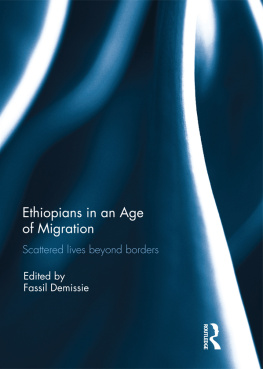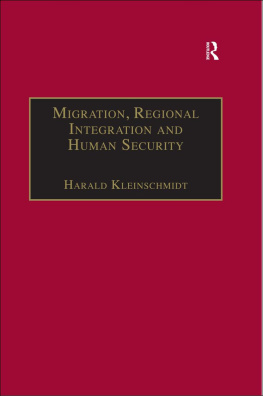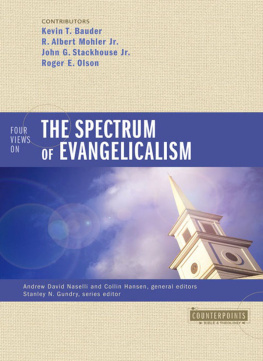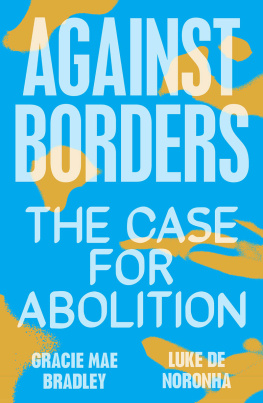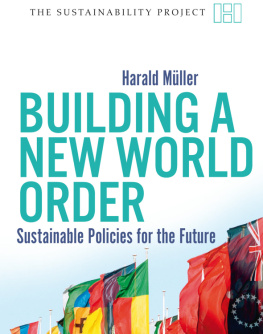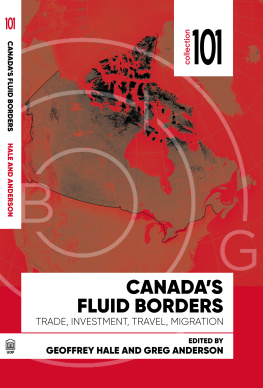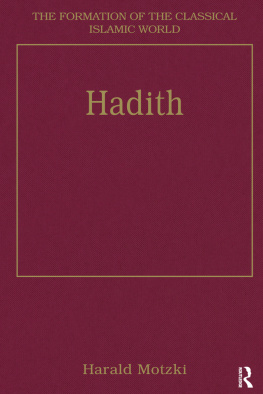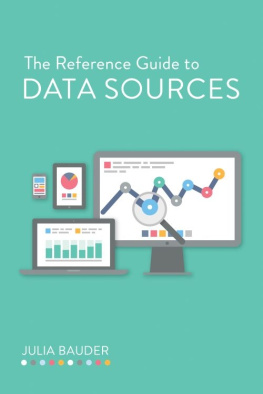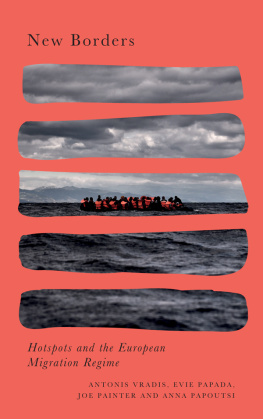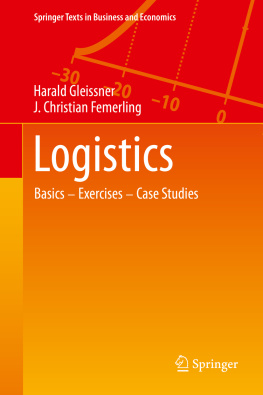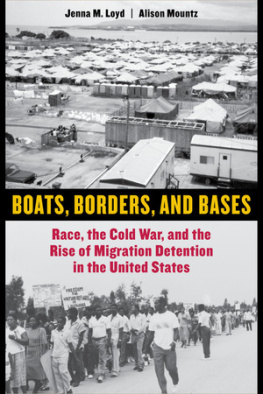
Migration Borders Freedom
International borders have become deadly barriers of a proportion rivaled only by war or natural disaster. Yet despite the damage created by borders, most people cant or dont want to imagine a world without them. What alternatives do we have to prevent the deadly results of contemporary borders?
In todays world, national citizenship determines a persons ability to migrate across borders. Migration Borders Freedom questions that premise. Recognizing the magnitude of deaths occurring at contemporary borders worldwide, the book problematizes the concept of the border and develops arguments for open borders and a world without borders. It explores alternative possibilities, ranging from the practical to the utopian, that link migration with ideas of community, citizenship, and belonging. The author calls into question the conventional political imagination that assumes migration and citizenship to be responsibilities of nation states, rather than cities. While the book draws on the theoretical work of thinkers such as Ernst Bloch, David Harvey, and Henri Lefebvre, it also presents international empirical examples of policies and practices on migration and claims of belonging. In this way, the book equips the reader with the practical and conceptual tools for political action, activist practice, and scholarly engagement to achieve greater justice for people who are on the move.
Harald Bauder is Professor in the Department of Geography and Environmental Studies, and the Graduate Program for Immigration and Settlement Studies (ISS) at Ryerson University in Toronto, Canada, and the founding Academic Director of the Ryerson Centre for Immigration and Settlement (RCIS).
Routledge Studies in Human Geography
This series provides a forum for innovative, vibrant, and critical debate within Human Geography. Titles will reflect the wealth of research which is taking place in this diverse and ever-expanding field. Contributions will be drawn from the main sub-disciplines and from innovative areas of work which have no particular sub-disciplinary allegiances.
For a full list of titles in this series, please visit www.routledge.com/series/SE0514
56 Ageing Resource Communities
New frontiers of rural population change, community development and voluntarism
Edited by Mark Skinner and Neil Hanlon
57 Access, Property and American Urban Space
M. Gordon Brown
58 The Production and Consumption of Music in the Digital Age
Edited by Brian J. Hracs, Michael Seman and Tarek E. Virani
59 Geographies of Entrepreneurship
Edited by Elizabeth A. Mack and Haifeng Qian
60 Everyday Globalization
A spatial semiotics of immigrant neighborhoods in Brooklyn and Paris
Timothy Shortell
61 Releasing the Commons
Rethinking the futures of the commons
Edited by Ash Amin and Philip Howell
62 The Geography of Names
Indigenous to post-foundational
Gwilym Lucas Eades
63 Migration Borders Freedom
Harald Bauder
64 Communications/Media/Geographies
Paul C. Adams, Julie Cupples, Kevin Glynn, Andr Jansson and Shaun Moores
65 Public Urban Space, Gender and Segregation
Reza Arjmand
First published 2017
by Routledge
2 Park Square, Milton Park, Abingdon, Oxon OX14 4RN
and by Routledge
711 Third Avenue, New York, NY 10017
Routledge is an imprint of the Taylor & Francis Group, an informa business
2017 Harald Bauder
The right of Harald Bauder to be identified as author of this work has been asserted by him in accordance with sections 77 and 78 of the Copyright, Designs and Patents Act 1988.
The Open Access version of this book, available at www.taylorfrancis.com, has been made available under a Creative Commons Attribution-Non Commercial-No Derivatives 4.0 license.
Trademark notice: Product or corporate names may be trademarks or registered trademarks, and are used only for identification and explanation without intent to infringe.
British Library Cataloguing in Publication Data
A catalogue record for this book is available from the British Library
Library of Congress Cataloging in Publication Data
Names: Bauder, Harald, 1969- author.
Title: Migration, borders, freedom / Harald Bauder.
Description: Abingdon, Oxon ; New York, NY : Routledge is an imprint of the Taylor & Francis Group, an Informa Business, [2017] | Series: Routledge studies in human geography
Identifiers: LCCN 2016011104| ISBN 9781138195608 (hardback) | ISBN 9781315638300 (e-book)
Subjects: LCSH: Boundaries--Political aspects. | Boundaries--Social aspects. | Border crossing. | Border security.
Classification: LCC JC323 .B38 2017 | DDC 320.1/2--dc23
LC record available at https://lccn.loc.gov/2016011104
ISBN: 978-1-138-19560-8 (hbk)
ISBN: 978-1-315-63830-0 (ebk)
For everyone
The title Migration Borders Freedom is a play on words. It can be interpreted as three nouns, in which case it describes the key concepts addressed in the book. The publisher was keen to have the books key concepts included in the main title to signify the market. Thus, a reader browsing the internet or bookshelf immediately knows that this book is about migration, borders, and freedom.
The books title can also be interpreted as a sentence, in which case the word borders becomes a verb. There are at least two ways in which the title can be read as a sentence: first, it can mean that migration creates a border around freedom. This meaning signifies that migration does not lead to greater freedom but is rather a limitation thereof. It may apply, for example, to people who possessed the freedoms associated with citizenship, economic security, belonging to a community, and protection by the state in their countries of origin, but who lost these freedoms when they migrated to a different country where they lack citizenship, are denied access to the labor market, experience discrimination, and may even be treated as criminals.
The second way of reading the sentence migration borders freedom is as migration is on the border of freedom. I visualize this meaning as a mediaeval European city that is bordered by a fortified wall. Inside the wall reside free citizens; in the surrounding hinterland live serfs who are bonded to their feudal lord. Migration can take the serfs to the gates of the city, which is as close as migration can bring them to freedom. However, it is up to the citys gatekeeper to permit the migrants entry and thus to gain freedom. According to this meaning, migration is just outside of the realm of freedom. Migration isnt freedom its close to it but not quite there.
The various ways of reading the title reflect the content of the book. On the one hand, the book addresses the problem of how borders and migration are often associated with the denial of rights and freedoms. On the other hand, it acknowledges the prospect that migration offers to gain freedom in the form of rights, protection, belonging, and economic security. The book also searches for solutions that enable migrants to leap over the metaphorical city wall that stands between them and freedom. In fact, the city will reappear as an important figure in the second part of the book, in which I discuss such solutions.



